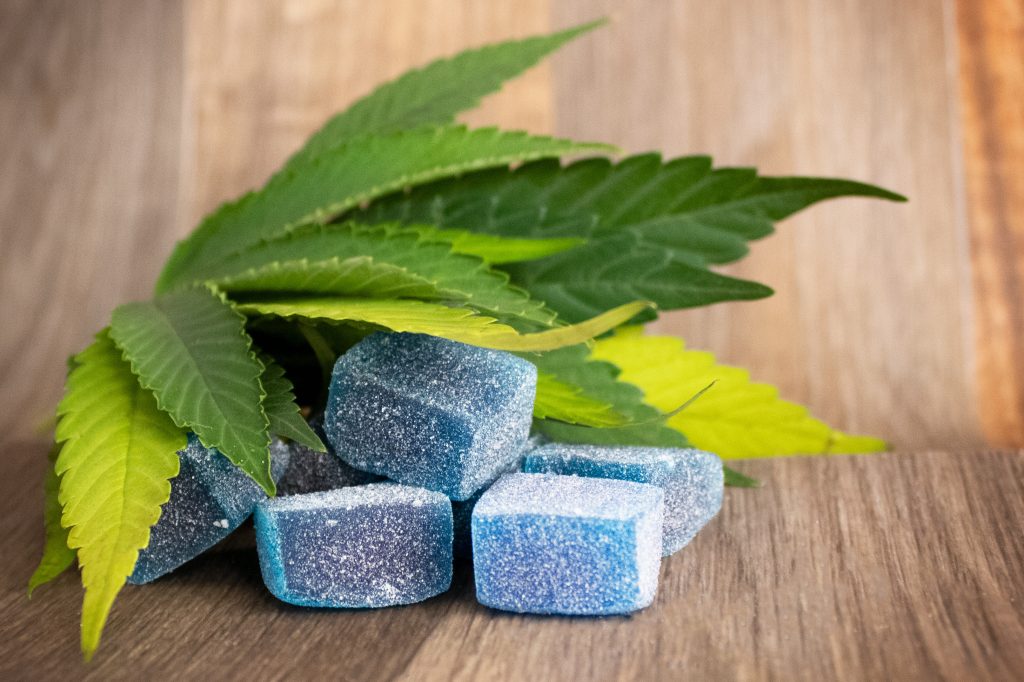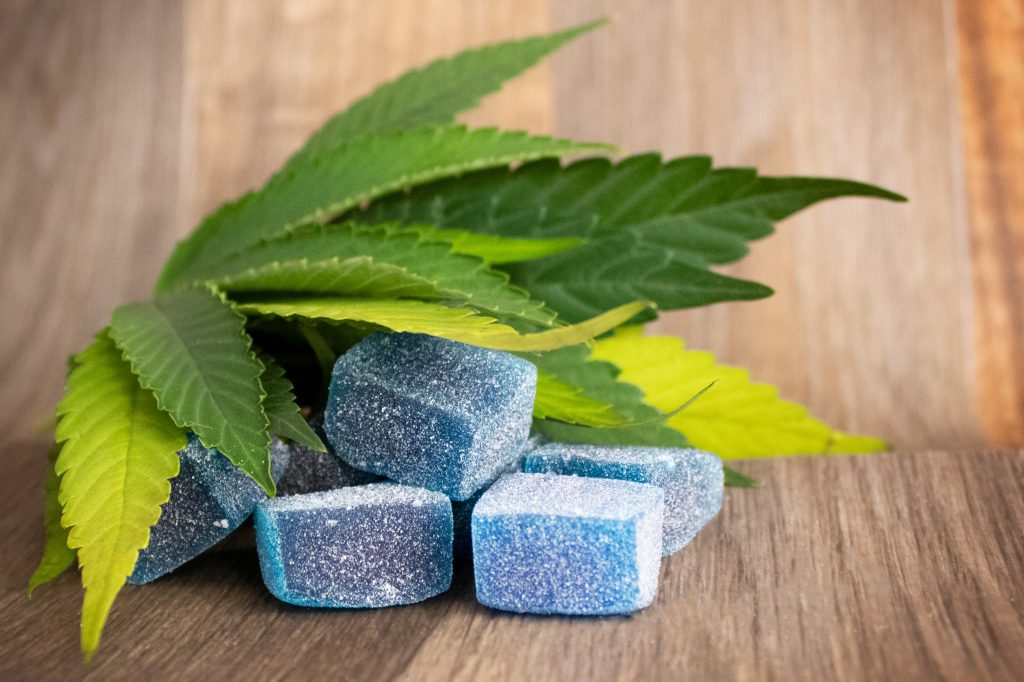
You will likely recall that several years ago, we were successful in arguing that medical marijuana was not a compensable form of treatment under the Maine Workers’ Compensation Act. That decision was affirmed by the Maine Law Court, which held that the Workers’ Compensation Board cannot order an employer to engage in conduct that could subject them to criminal liability under the federal Controlled Substances Act, as marijuana is still illegal under that federal law. It is therefore not a reasonable form of treatment. At the time, there had not been any claim for payment of other similar products, such as CBD.
Since then, however, the Employee did file a petition seeking payment for products made from CBD. After an extended process of depositions and testimony, the ALJ issued a decision concluding that the Employee did not meet his burden of proof that the CBD products for which he was seeking reimbursement contained less than 0.3% THC, which was necessary in order to exempt it from the federal Controlled Substances Act. This was based on evidence we established that the store from which he purchased the products had no way of verifying whether the CBD products sold to him contain less than that threshold. Although the Employee had produced some lab testing reports on a variety of CBD gummies, that alone did not establish that the specific products sold to the Employee contained no more than 0.3% THC as there was testimony that CBD came from many sources, including out of state. The findings also noted that the FDA has not approved the use of CBD in the form on gummies or other food products; and while hemp production has been expressly authorized under federal law, the FDA has approved CBD from the hemp plant to treat only epileptic seizures. Ultimately, the ALJ found, among other things, that if the Board required the Employer/Insurer to subsidize the employee’s purchase of CBD containing more than 0.3% THC, it would be requiring the Employer/Insurer to engage in conduct that could violate the Controlled Substances Act. Because there was no proof offered that each and every CBD product the employee sought payment for contained less than the established THC threshold, the petition was denied. The Appellate Division has recently affirmed the ALJ’s decision.
As a result of this decision and the affirmation from the Appellate Division, Employers/Insurers should continue to deny treatment in the form of medical marijuana as well as CBD products, particularly those for which specific verified composition testing for each individual product (gummy, cookie, etc.) is not produced.

Rudman Winchell

